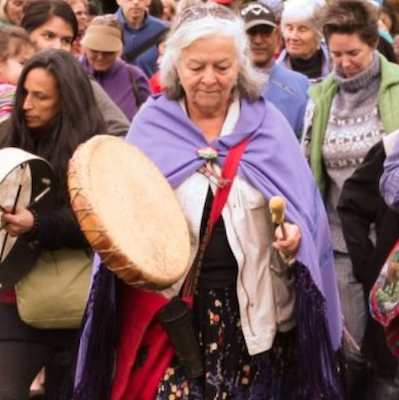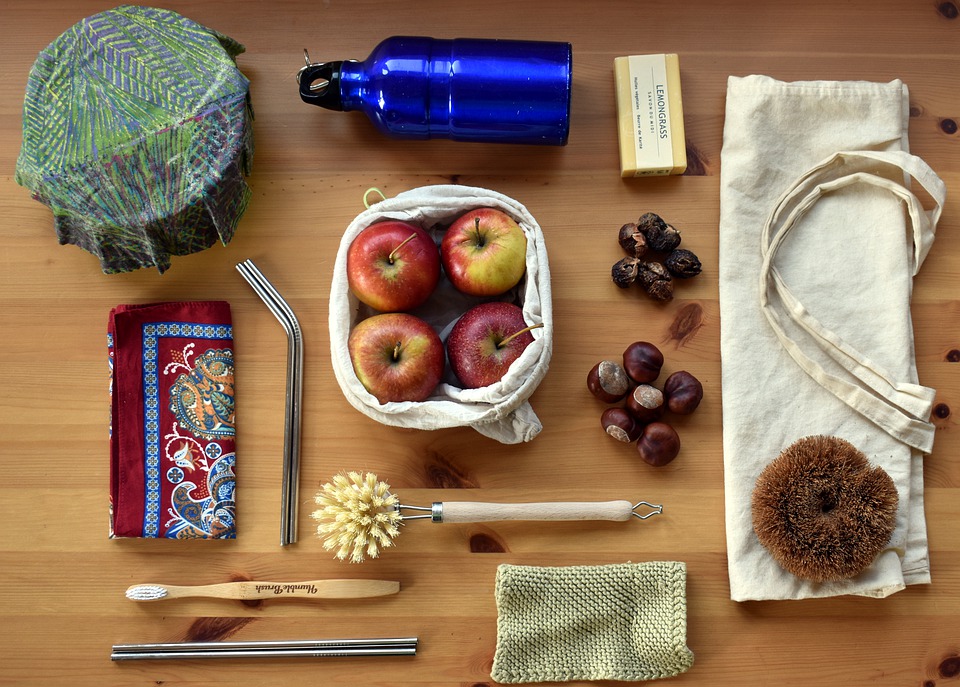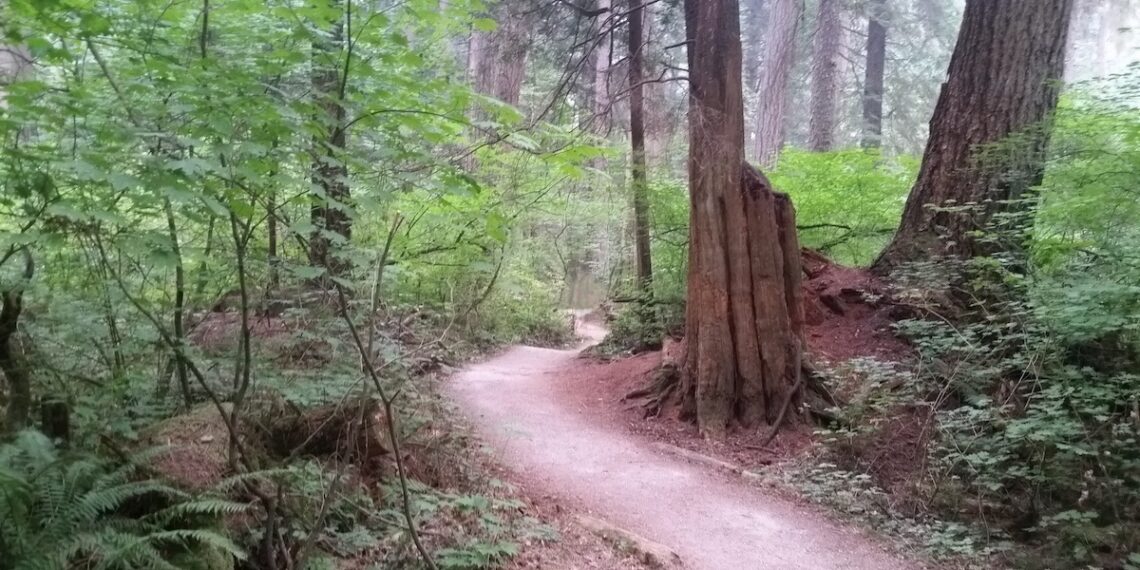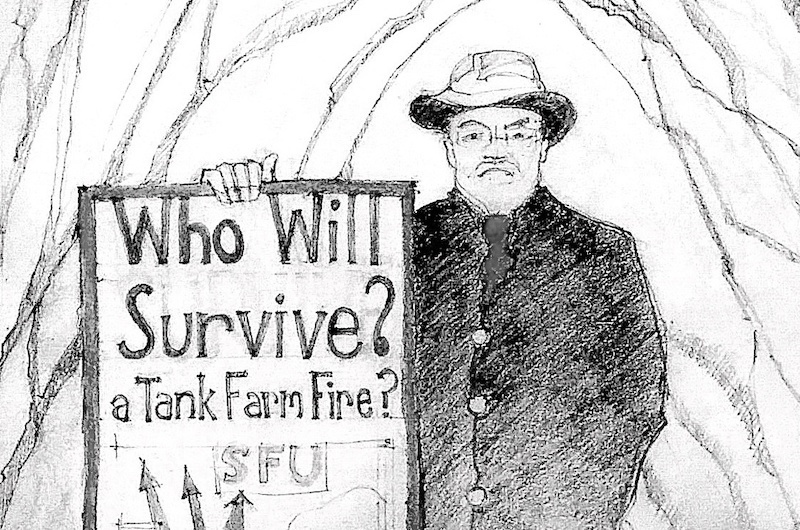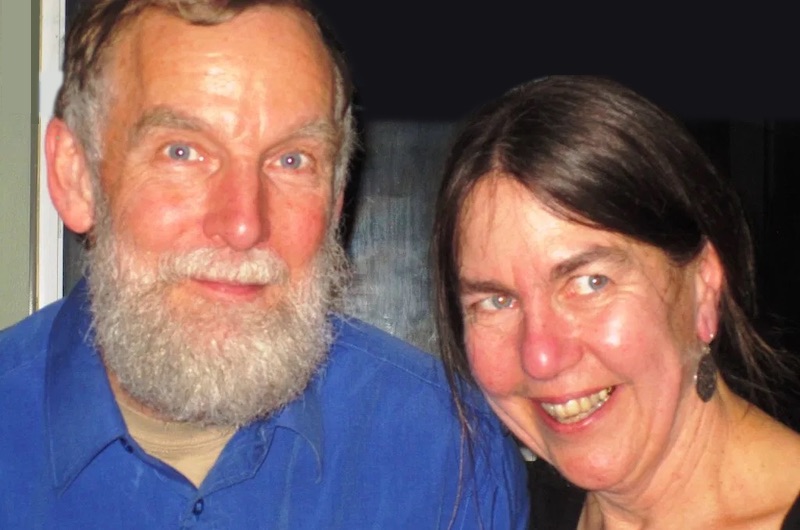Dear Prime Minister Trudeau, Minister Wilkinson and Minister Garneau
Re: Refuse permission for Roberts Bank Terminal 2
The Board of Trustees of the Vancouver Unitarians, a congregation with some 350 members, has unanimously approved a motion to oppose the Roberts Bank Terminal 2 Project and ask that you deny permission for it to proceed.
We are particularly alarmed that the Project would devastate the biological productivity of Roberts Bank. As a critical waypoint on the Pacific Flyway, millions of western sandpipers rely on its biofilm to fuel the next stage of their northward journey. The loss of this resource may well lead to their extinction. The Bank also hosts huge numbers of snow geese, shore birds and dabbling ducks, and its eel grass beds are vital rearing habitat for juvenile chinook salmon. As you know, chinook salmon are a vital food source for the endangered orcas (southern resident killer whales or SRKW). Project risks to these marvellous aspects of our coastal ecosystem must be avoided.
We were shocked to learn that the Review Panel was prevented from seeing the report by Environment and Climate Change Canada which emphasized the dire environmental risks posed by the Project. Indeed, ECCC’s finding was that the Project constitutes an unmitigable species-level risk to western sandpipers and shorebirds more generally.
But even in the absence of this expert government advice, the Panel concluded that the Project would result in significant adverse residual and cumulative effects on:
- wetlands and wetland functions;
- barn owls, listed as threatened under the Species at Risk Act;
- dungeness crab and the local crab fishery;
- juvenile chinook salmon originating from the Lower Fraser and South Thompson Rivers;
- southern resident killer whales, an endangered population of orcas;
- the current use of lands and resources for traditional purposes, and cultural heritage, for
First Nations of the area; and
- human health due to exposures to NO2, other respiratory irritants, and noise.
And all the above, of course, in the absence of a major oil spill which the Panel concluded could result in potentially significant adverse residual effects for vulnerable species such as SRKW and marine birds; marine commercial and recreational activities; and current use, cultural heritage and health of Indigenous groups.
In our view, these environmental risks are more than enough to deny Project permission. We also understand that the business case for the Project is weak to non-existent. Independent analysis indicates that the Port of Vancouver has consistently understated actual port capacities for containers while at the same time over-estimating forecast growth. And there is sufficient operational or planned capacity on the BC west coast to meet Canada’s trading needs for many years to come. Indeed, the private sector stands willing to expand the existing container ports at both Roberts Bank and Prince Rupert as demand increases – if it ever does as supply chains adapt to the covid-19 disruption. The need for a massive, environmentally disruptive, publicly-financed expansion of container handling facilities at Roberts Bank thus seems to be a mirage.
Prime Minister Trudeau, Minister Wilkinson and Minister Garneau, it is hard to imagine what public interest might conceivably over-ride the significant adverse residual and cumulative effects the Project would cause. Especially as the business case for the Project is weak to non-existent. We urge you to deny federal government permission for this Project.
Respectfully,
Diane Brown
President, Vancouver Unitarians
Cc: Hon. Joyce Murray, Minister of Digital Government
Hon. Bernadette Jordan, Minister for Fisheries and Oceans
Hon. Carla Qualtrough, Minister of Employment, Workforce Development and Disability
Inclusion
Hon. Harjit S. Sajjan, Minister of National Defense
Terry Beech, MP
Don Davies, MP
Sukh Dhaliwal, MP
Hedy Fry, MP
Gord Johns, MP
Peter Julian, MP
Jenny Kwan, MP
Elizabeth May, MP
Ron McKinnon, MP
Randeep Saral, MP
Jagmeet Singh, MP, NDP Leader
Patrick Weiler, MP
Jody Wilson-Raybould, MP
